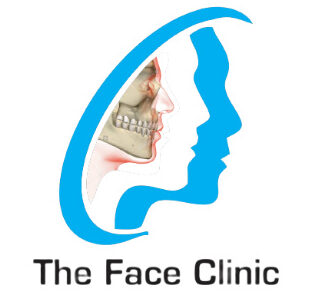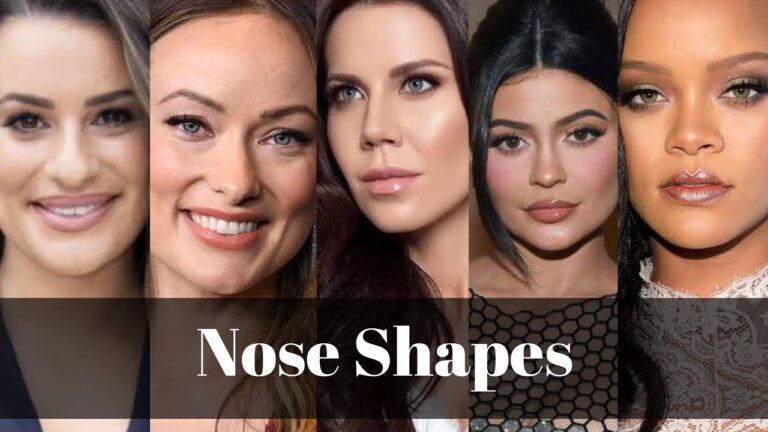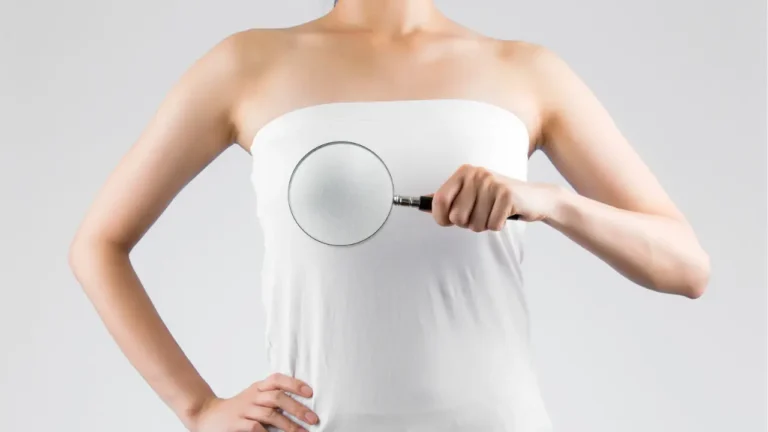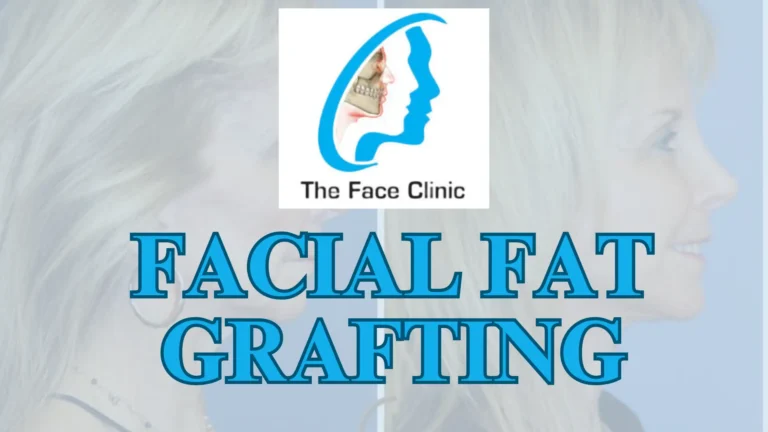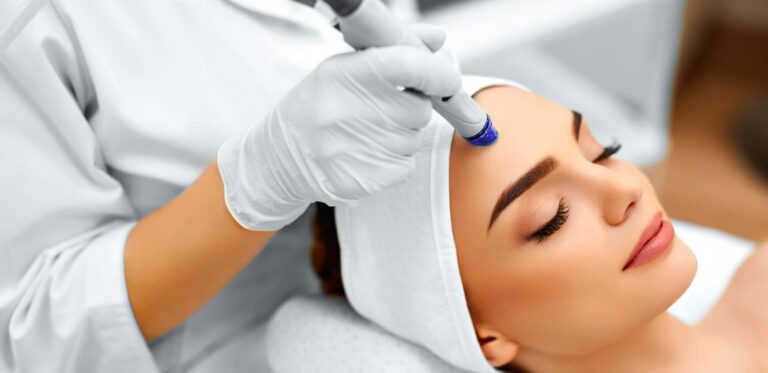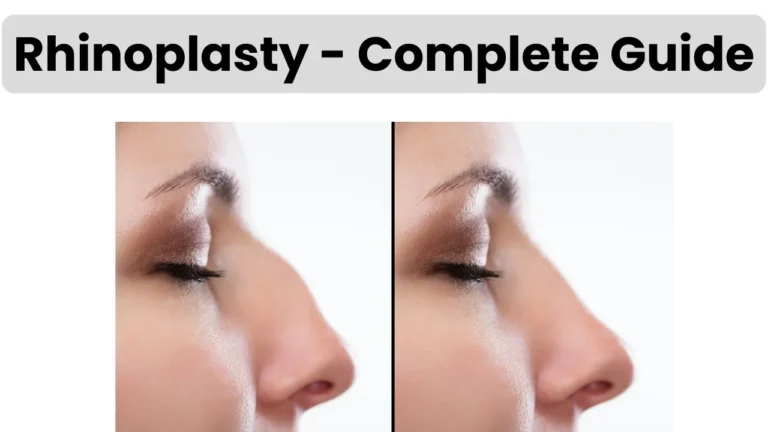Psychological Effects of Button Nose are not discussed widely but it has strong impact on your personality. The shape of your nose may seem like just a facial feature, but it can hold a surprising amount of influence over how we perceive ourselves and how others see us. The button nose, often associated with youthful charm and innocence, carries its own set of psychological impacts—shaped by beauty standards, societal perceptions, and personal experiences.
From gender differences in self-image to the subtle role culture plays in nose-shape preferences, those with a button nose often navigate a unique landscape of confidence and self-esteem. But how does this small feature influence how we interact with the world?
We’ll dive into the deeper psychological effects of having a button nose and explore how it can shape self-perception, social confidence, and even our response to cultural beauty ideals.
Transformation in Beauty Standards
Societal beauty standards have undergone significant transformations over time, with craniofacial features, particularly the nose, playing a pivotal role in the perception of facial aesthetics.
Historically, noses with prominent dorsum lines and pronounced nasofrontal angles—often described as aquiline or Roman noses—were deemed ideal for their sharp, angular structure, associated with strength and nobility. In contrast, the button nose, characterized by a shorter nasal bridge, rounded nasal tip, and softer contour lines, was less emphasized in earlier beauty paradigms.
However, contemporary shifts in aesthetic values, largely influenced by globalization, media representation, and cosmetic trends, have led to a reevaluation of these ideals. The button nose, due to its reduced prominence of the nasal dorsum and smaller, well-rounded nasal tip, is now frequently regarded as harmonious with a youthful facial profile. Its retrusive positioning in relation to other facial landmarks, such as the glabella and the upper lip, contributes to a perceived innocence and approachability, aligning with modern preferences for softer, less angular facial aesthetics.
As rhinoplasty techniques have advanced, the button nose has become increasingly sought after in cosmetic procedures aimed at enhancing facial proportions and symmetry. Its appeal lies in the balance it provides between the midface and lower third of the face, particularly when complemented by ideal nasolabial and nasofrontal angles. Thus, the evolving standards of beauty reflect a growing appreciation for nasal shapes like the button nose, which emphasizes youthful and balanced facial harmony.
Psychological Effects of Button Nose
The shape of one’s nose can have a profound psychological impact on personality and lifestyle, often influencing how individuals perceive themselves and how they believe others perceive them.
Facial features, particularly the nose, are central to personal identity, and certain nose shapes can evoke specific associations. For instance, individuals with sharp or angular noses may be perceived as more assertive or strong-willed, which can subconsciously influence them to adopt a more dominant or confident demeanor.
Conversely, those with softer, rounder noses, such as the button nose, may be seen as more approachable, nurturing, or youthful, affecting social interactions and career choices. These perceptions can shape lifestyle choices, such as career paths in leadership or public-facing roles, where appearance and first impressions matter.
Furthermore, the psychological effects extend to self-esteem and body image, as societal beauty standards often dictate what is considered desirable, causing some to embrace or feel insecure about their natural features.
This interplay between physical appearance and psychological response highlights how deeply our nose shapes are intertwined with our sense of identity and the way we navigate the world.
Positive Effects of Button Nose on Your Personality
1. Increased Perceived Approachability
As a doctor, I’ve often observed that patients with a button nose report being perceived as more approachable. This is likely due to the softer, rounded appearance of their nose, which subconsciously signals warmth and friendliness. Social psychology suggests that facial features play a major role in first impressions, and the button nose tends to evoke a sense of ease and comfort in others. This can lead to more positive social interactions, as people naturally gravitate toward those they find approachable. Over time, this can boost self-esteem and foster confidence in social settings.
2. Youthful Appearance
The button nose is frequently associated with youthfulness, giving individuals a sense of vitality and freshness in their appearance. Medical literature often links youthful facial features with increased self-confidence, as they align with society’s ideals of beauty and vigor.
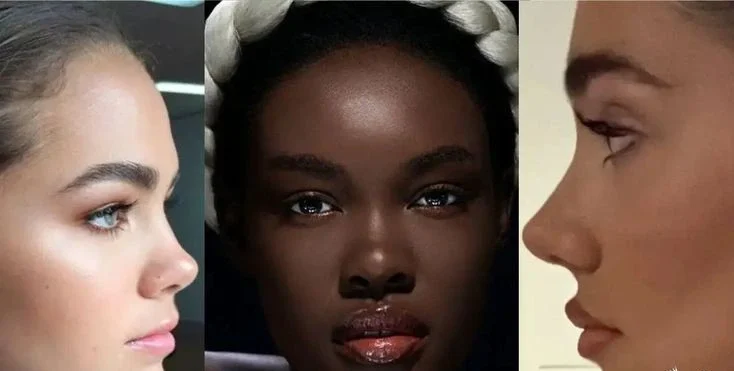
The button nose, with its soft contours and smaller shape, can reduce the prominence of aging signs such as a sagging nasal bridge, creating a rejuvenated look. For those who appreciate a more youthful appearance, this natural advantage can lead to enhanced self-esteem and a positive self-image.
3. Higher Facial Symmetry
From an aesthetic and psychological standpoint, symmetry is often equated with attractiveness. Button noses, typically smaller and rounder, can contribute to a more symmetrical facial appearance, especially when paired with proportional features like the eyes and lips.
Medical studies in facial aesthetics emphasize that symmetry is perceived as an indicator of genetic fitness and overall beauty. As a result, individuals with button noses may feel more confident, knowing their nose adds to the balance and harmony of their facial structure.
4. Compliments from Peers
Receiving positive feedback on one’s appearance is a powerful reinforcement of self-worth, and many patients with button noses have shared their experiences of frequent compliments. A unique nose shape like the button nose often stands out, drawing attention and admiration. This steady stream of positive reinforcement not only enhances self-image but also fosters a deep sense of pride in their natural features. Over time, these compliments can help build a resilient and confident personality, grounded in a healthy body image.
5. Cultural Associations with Innocence
In some cultures, the button nose is closely associated with traits like innocence, kindness, and even purity. As a doctor, I’ve seen firsthand how these cultural associations can have a positive psychological impact. Individuals who feel their facial features symbolize desirable qualities often develop a strong sense of pride in their appearance.
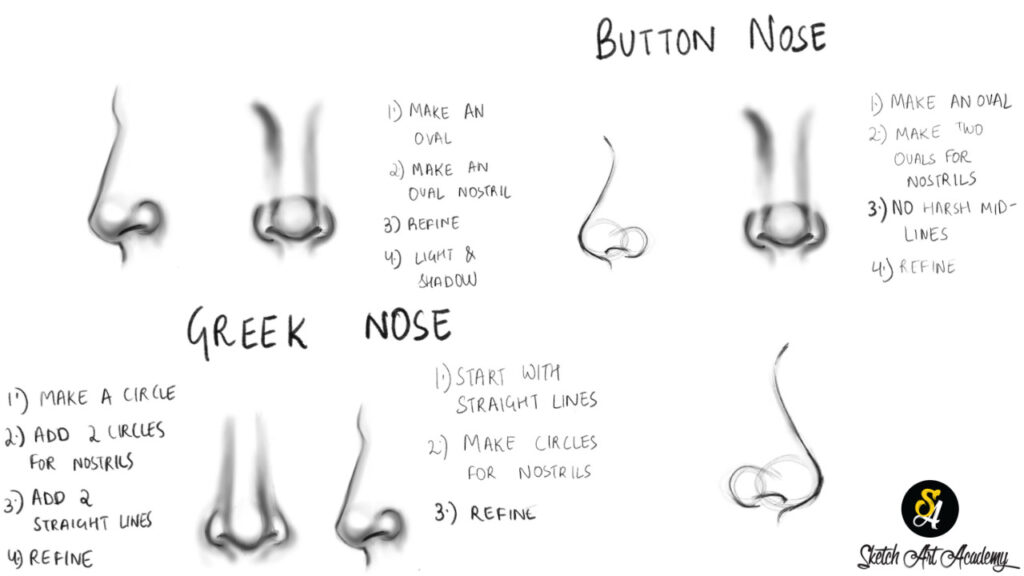
This can translate into a more confident self-perception and a positive, empowered attitude toward their identity. Embracing these cultural narratives can provide emotional strength, further contributing to one’s overall mental well-being.
Negative Psychological Effects of Having A Button Nose
The shape of one’s nose, often seen as a minor detail, can significantly impact psychological well-being, particularly when societal standards and personal perceptions come into play. For individuals with a button nose, the effects can be both profound and challenging. While some may embrace the softer, rounder features, others might struggle with issues related to self-perception and societal expectations.
The button nose, which is often associated with youthfulness and charm, can inadvertently lead to feelings of inadequacy, insecurity, and even body dysmorphic tendencies. From concerns about masculinity to the pressure of conforming to beauty standards, these negative psychological impacts can affect self-esteem and overall mental health.
In this discussion, we explore how a button nose can influence one’s self-image and psychological state, shedding light on the complex interplay between physical features and emotional well-being.
1. Perception of Masculinity
In clinical practice, I’ve noted that some men with button noses may experience feelings of insecurity or dissatisfaction related to their perceived masculinity. The button nose, with its soft and rounded contours, can sometimes be interpreted as less traditionally masculine compared to more angular, pronounced nasal features.
This perception may stem from cultural ideals that equate sharper, more defined nose shapes with strength and authority. As a result, men with button noses might struggle with their self-image, feeling that their appearance does not align with societal expectations of masculinity, which can impact their overall confidence and mental well-being.
2. Social Comparison
Social comparison theory suggests that individuals often gauge their self-worth by comparing themselves to others. In many societies, prominent or angular nose shapes are still viewed as the epitome of beauty and sophistication.
For individuals with button noses, this can lead to negative self-evaluations and feelings of inadequacy when comparing their features to those of others who conform to these traditional ideals. This process of social comparison can significantly impact self-esteem, making individuals feel less attractive or valued in social and professional contexts.
3. Stereotyping and Misjudgment
The association of the button nose with youthful or childlike traits can lead to stereotyping and misjudgment in various settings. In professional environments or social situations, individuals with a button nose may find themselves unfairly categorized as less capable or mature due to these associations.
This stereotyping can undermine their confidence and professional presence, causing frustration and a sense of being undervalued. Addressing these issues involves recognizing how such biases affect one’s self-image and advocating for a broader understanding of diverse facial features.
4. Body Dysmorphic Tendencies
Body dysmorphic disorder (BDD) is a condition where individuals become excessively preoccupied with perceived flaws in their appearance. For some people with button noses, the concern over the size or shape of their nose can become overwhelming, leading to persistent dissatisfaction and emotional distress.
This preoccupation can escalate to significant anxiety and impact daily functioning, highlighting the need for psychological support and therapeutic interventions to address these distorted body image perceptions and help individuals develop a healthier relationship with their appearance.
5. Desire for Cosmetic Alteration
The pressure to conform to societal beauty standards can drive individuals with button noses to seek cosmetic alterations such as rhinoplasty. The desire for such interventions often stems from a feeling that their natural features do not meet conventional beauty ideals. This pursuit of cosmetic changes can lead to emotional distress and dissatisfaction, particularly if the results do not align with expectations.
Additionally, the decision to undergo nose correction surgery can reflect deeper issues related to self-esteem and body image, underscoring the importance of addressing these concerns through counseling and support before making such significant decisions. Although, rhinoplasty should be performed in an ideal age but it really worth it
Take Home Message
A button nose can offer positive attributes such as enhanced approachability and a youthful appearance, it can also present significant psychological challenges. The complex interplay between societal standards, personal self-image, and cultural perceptions can profoundly affect how individuals with this nasal shape experience their identity and self-esteem. Understanding these impacts is crucial, as it highlights the need for a more inclusive and supportive perspective on beauty and self-worth.
At The Face Clinic, we recognize that a button nose can be more than just a facial feature—it can significantly impact psychological well-being and self-perception. While the button nose may bring about positive traits such as a youthful look and increased approachability, it can also lead to challenges like insecurity or societal misjudgment.
Understanding these nuanced effects is crucial for addressing both the psychological and emotional aspects of appearance. By embracing each individual’s unique features and offering compassionate support, The Face Clinic aims to foster a more inclusive and confident self-image. Our goal is to help clients appreciate their natural beauty, address insecurities empathetically, and achieve a balanced perspective that enhances overall mental and emotional health. You can have an online doctor ahead for your telehealth consultation from the comfort of your home
